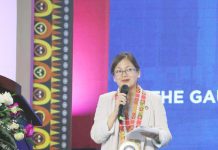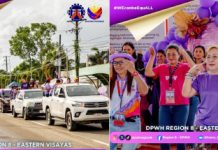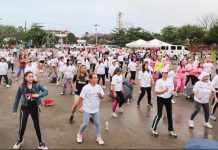By ARNEL C. BALLON
As the future becomes the present, gone are the days when we are required to travel to get the information we need.
The advent of the internet and social media have made information about anything virtually available to us anywhere and anytime.
This change in the communication and acquisition of knowledge has not only affected our daily activities but more so in the educational system. Students tend to neglect the deeper reasons of understanding and absorbing the lessons since everything is easily available for them in just a click.
This is one of the many changes technology has provided.
As most Filipinos spend many hours surfing the net as easily as that, the hard part is not knowing what our children learn from it.
The world has become more sophisticated with technology.
People need to elevate themselves to cope with and maneuver this fast pace changes and somehow forget the essential emphasis on the foundational development of the child: Pagpapakatao, Values Education, Respect, Ethics, Pagpapahalaga sa Kalikasan along the way.
In this new age, we believe it is even more important to remember our fundamentals as we always look back at our reason for being a decent human not changed.
At the core, whatever we learn to try or to achieve, we are all human beings and we must always keep in mind the importance of values throughout our learning.
The thing that we must remind ourselves is that people are the same, learning is similar and the general purpose of school is the same as it was 10, 20,and 50 years ago. The only thing that’s changed are the tools we use to allow students to learn.
As teachers, we all believe that integrating values with each lesson is a way for us to help build a more harmonious nation and produce more knowledgeable and respectful citizens in terms of differences even in times of difficulties for a more productive nation where everyone contributes to a better society.
The students’ capability to explore and enhance knowledge bring about their full potential to be better and bankable workers to build a much progressive society.
Their ability to collaborate, work on authentic problems, and engage with the community is believed to be what separate those who are prepared to increasingly complex life and work environments, and those who are not.
Now, where do think you belong? Are you the kind of student who adopts with the different changes and ultimately affects who you really are, or are you the type of person who adopts with the changes but knows limitations and borderlines?
How do you fare?
(Note: The author is the teacher of the Tanauan School of Craftsmanship and Home Industries in Tanauan, Leyte)



